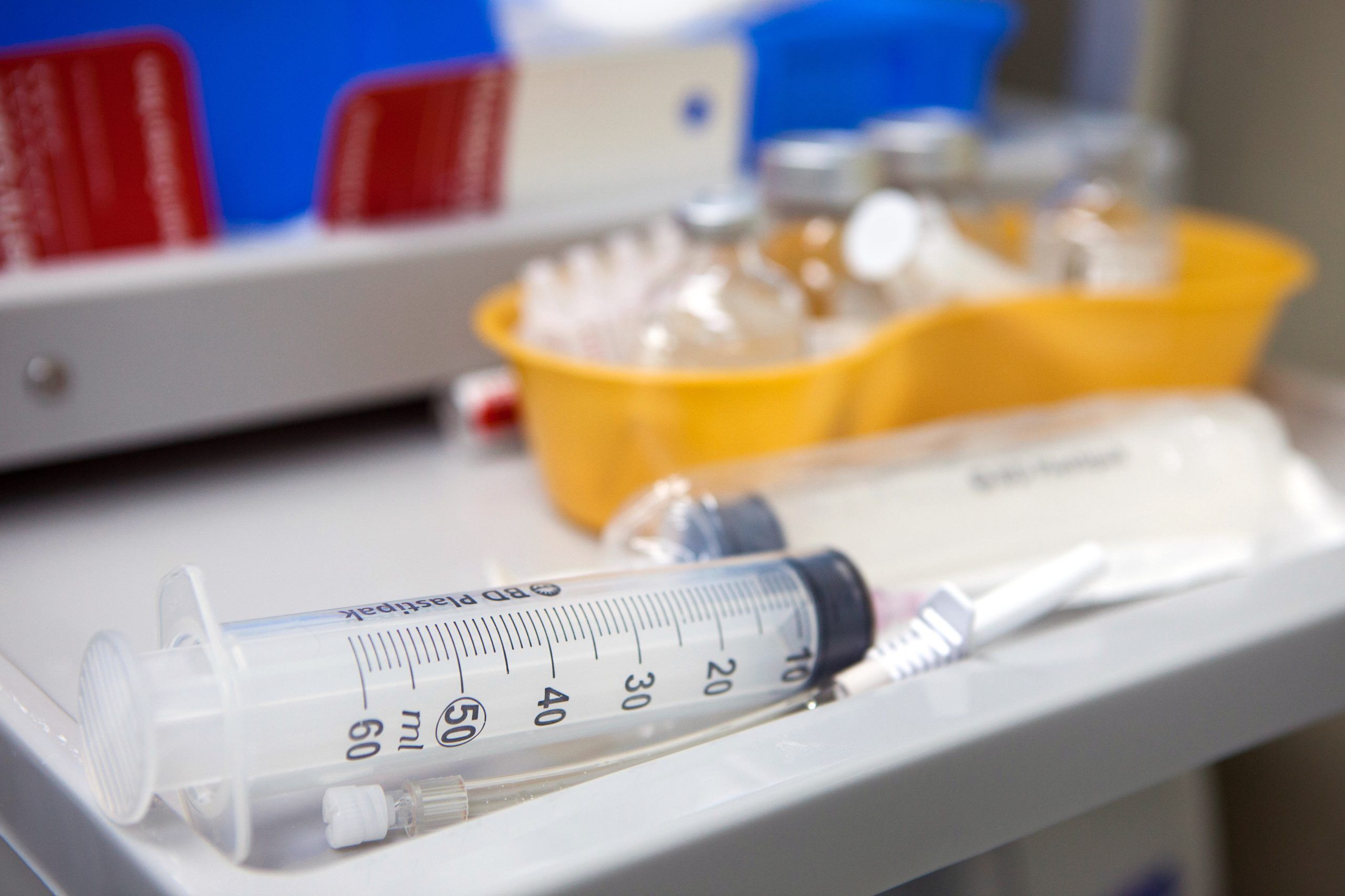The Immigration Ministry is working on being able to impose coronavirus tests on asylum seekers in order to send them home.
The ministry will present a bill that will empower them to force rejected asylum seekers to take a coronavirus test. The move came after asylum seekers refused to take coronavirus tests to avoid repatriation.
The immigration minister, Mattias Tesfaye, said that airlines and many countries require COVID-19 tests to enable traveling.
READ ALSO: Asylum-seeker number down by 50 percent this year
‘Testing is legal’
Tesfaye said that coronavirus testing is in accordance with the law and added that the measure is not too overboard.
“The rest of us can also be required to get a test,” he said, adding that it is part of the Epidemic Act.
Under the act, a test means that a patient could be fixated, and a cotton swab could be inserted forcibly into the oral cavity and nose without consent.
The minister added that sending rejected asylum seekers home was a priority as it costs the state 1,000 kroner per day to host one applicant.
In 2019, Denmark repatriated 2,826 rejected asylum seekers, whereas the number was 2,747 in 2018.













